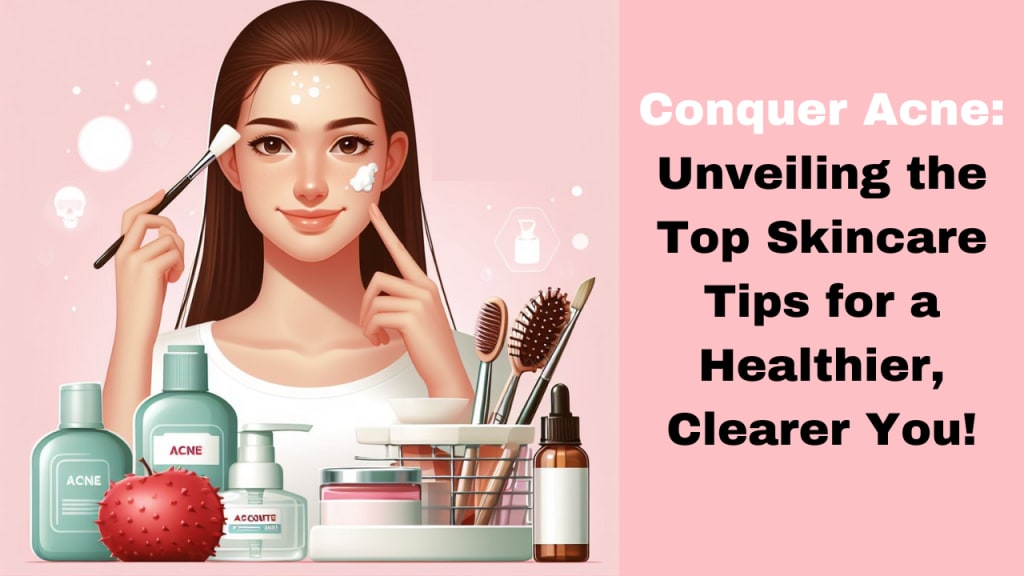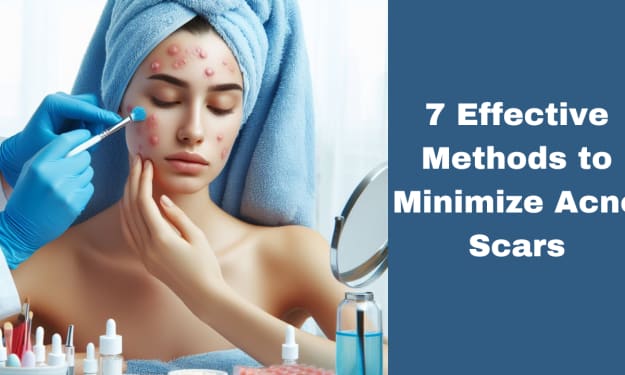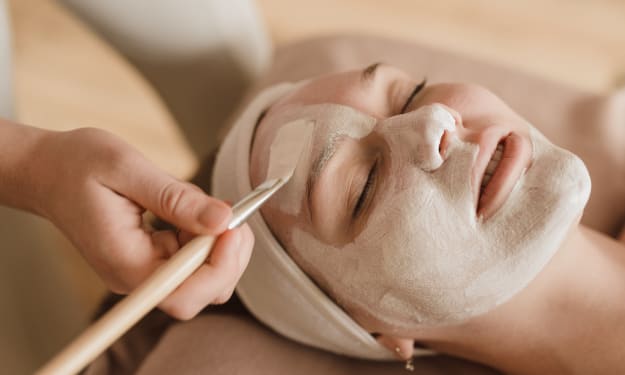Conquer Acne: Unveiling the Top Skincare Tips for a Healthier, Clearer You!
Conquer acne! Expert guide to skincare, diet, & habits for clear skin

Acne. The bane of many a teenager's (and sometimes adult's) existence. It can be frustrating, confidence-sapping, and downright stubborn.
But fear not, acne warriors! This comprehensive guide, crafted with the wisdom of dermatological best practices, will equip you with the knowledge and tools to combat breakouts and achieve a healthier, happier complexion.
Understanding Your Enemy: The Science of Acne
Before diving into battle strategies, let's get acquainted with our foe. Acne occurs when sebum (oil produced by glands in your skin) mixes with dead skin cells, clogging pores.
Bacteria thrives in this environment, leading to inflammation and the formation of pimples, blackheads, and whiteheads.
Several factors influence acne development:
- Hormones: Fluctuations in hormones, particularly during puberty and menstruation, can trigger increased sebum production.
- Genetics: If your parents grappled with acne, you're more predisposed.
- Diet: While not a direct cause, certain foods may exacerbate acne in some individuals (more on this later).
- Stress: The stress hormone cortisol can worsen acne.
- Medications: Some medications can contribute to breakouts.
The Arsenal: Essential Skincare Practices
Now, let's build your skincare arsenal! Here are the core practices for healthy, acne-fighting skin:
Cleanse, But Don't Over-Cleanse: Wash your face twice daily (morning and night) with a gentle cleanser suitable for your skin type. Avoid harsh scrubs and abrasive products that can irritate and worsen acne.
Moisturize, Don't Fear It: Contrary to popular belief, even oily skin needs hydration. Choose a lightweight, non-comedogenic (won't clog pores) moisturizer to prevent dryness, which can trigger excess oil production.
Target with Acne-Fighting Ingredients: Look for over-the-counter (OTC) products containing benzoyl peroxide, salicylic acid, or alpha-hydroxy acids (AHAs) like glycolic acid. These ingredients combat bacteria, promote cell turnover, and unclog pores.
Sunscreen is Non-Negotiable: Sun exposure can worsen acne and hyperpigmentation (dark spots) left by pimples. Apply a broad-spectrum SPF 30 sunscreen daily, even on cloudy days.
Spot Treatment for Stubborn Breakouts: For occasional pimples, use a targeted spot treatment with benzoyl peroxide or salicylic acid to accelerate healing.
Crafting Your Personalized Regimen: Skin Type Matters
Here's where things get a little more nuanced. The ideal skincare routine caters to your specific skin type:
- Oily Skin: Focus on gentle, oil-free cleansers and lightweight, oil-absorbing moisturizers. Look for products with salicylic acid or AHAs.
- Dry Skin: Opt for hydrating cleansers and creamier moisturizers. Be cautious with harsh acne-fighting ingredients that can further dry your skin.
- Combination Skin: You might have an oily T-zone (forehead, nose, chin) and drier cheeks. Use a targeted approach – a gentle cleanser for the entire face and a lighter moisturizer for cheeks, with a spot treatment for the T-zone.
- Sensitive Skin: Look for fragrance-free, hypoallergenic products labeled "non-comedogenic." Patch test new products on a small area of your face before applying them all over.
Lifestyle Tweaks for a Clearer Complexion
While a good skincare routine is essential, certain lifestyle habits can significantly impact your fight against acne:
- Diet: While there's no single "acne diet," some research suggests a link between high-glycemic index (GI) foods (sugary drinks, refined carbohydrates) and dairy consumption with acne flare-ups. Moderating these foods and prioritizing fruits, vegetables, and whole grains might be beneficial. However, consult a dermatologist or registered dietitian for personalized advice.
- Stress Management: Chronic stress can worsen acne. Explore stress-relieving activities like yoga, meditation, or deep breathing exercises.
- Cleanliness Counts: Wash your pillowcases regularly to prevent bacteria buildup. Avoid touching your face throughout the day, and cleanse your phone screen frequently.
- Don't Pop Pimples! Resist the urge to pick or pop pimples. This can worsen inflammation, lead to scarring, and spread bacteria.
Advanced Tactics: When to Consult a Dermatologist
If your acne persists despite consistent use of OTC products, consider consulting a dermatologist. They can assess your specific situation and recommend:
- Prescription Medications: Prescription-strength topical retinoids, antibiotics, or hormonal medications might be necessary for severe acne.
- Professional Treatments: In-office procedures like extractions, chemical peels, or light therapy can be helpful for stubborn acne or acne scars. A dermatologist will recommend the most appropriate treatment based on your needs.
- The Long Game: Consistency is Key.
Remember, achieving clear skin is a marathon, not a sprint. Consistent use of effective products and healthy habits is crucial for lasting results. Here are some additional tips to stay motivated:
- Be Patient: It can take several weeks to see noticeable improvement with a new skincare routine. Don't get discouraged if you don't see immediate results.
- Track Your Progress: Take photos of your skin periodically to monitor progress. This can help you stay motivated and celebrate your victories.
- Seek Support: Talk to a friend, family member, or therapist about the emotional impact of acne.
- Find a Routine You Enjoy: Choose products and practices you find pleasant to incorporate into your daily life.
Debunking Acne Myths: Separating Fact from Fiction
The internet is rife with acne myths. Here's a breakdown of some common misconceptions:
Myth: Washing your face more frequently prevents acne.
Fact: Over-washing can strip your skin of natural oils, worsening irritation and potentially triggering more breakouts.
Myth: You shouldn't moisturize oily skin.
Fact: Moisturizing prevents your skin from overcompensating for dryness by producing excess oil. Choose a lightweight, non-comedogenic formula.
Myth: Toothpaste can dry out pimples.
Fact: Toothpaste can irritate your skin and worsen acne. Stick to acne-fighting products formulated for your face.
Myth: Chocolate and greasy foods cause acne.
Fact: While diet can play a role for some individuals, there's no one-size-fits-all answer. Consult a dermatologist or dietitian if you suspect certain foods trigger your acne.
Your Journey to Clearer Skin Starts Now!
Acne can be frustrating, but with the right knowledge and a consistent approach, you can achieve a healthier, clearer complexion.
Remember, you're not alone in this battle. By implementing the strategies outlined in this guide, consulting a dermatologist if needed, and embracing a patient, practical approach, you'll be well on your way to conquering acne and reclaiming your confidence.






Comments
There are no comments for this story
Be the first to respond and start the conversation.